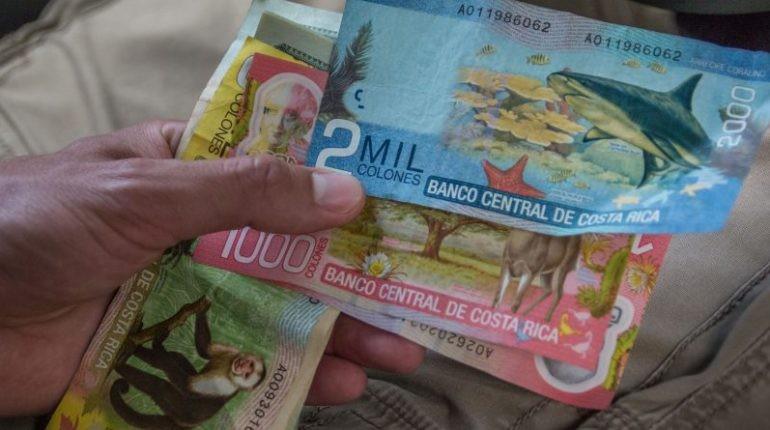Unraveling the Intricacies of Tipping - A Social Statement
You know how you finish a meal at a restaurant, and when the bill comes, there's that moment of decision-making? Today, let's explore that moment - when you decide whether or not to tip and how much.
This is a standard question people from North America always have.
A Historical Overview
To dive into this, let's travel back in time a bit. Tipping originated in the taverns of 17th Century England, where patrons would slip some cash to the waiter
"To Insure Promptitude" or T.I.P. Fast forward to today, and tipping has evolved into a complex societal norm deeply ingrained in many cultures.
The Complications of Tipping
Tipping is more than just leaving a few extra bucks on the table. It's a web of implications. It reflects on our socio-economic dynamics, speaks volumes about our cultures, and substantially impacts workers' livelihoods. On the surface, tipping can seem like a reward for good service.
However, in the United States, employers can pay their tipped employees less than the minimum wage. This means the employees' earnings heavily depend on tips, a reality that's as problematic as it is unfair.
However, in the United States, employers can pay their tipped employees less than the minimum wage. This means the employees' earnings heavily depend on tips, a reality that's as problematic as it is unfair.
The Psychology Behind Tipping
Let's dig a little deeper and look into the psychology of tipping. Why do we tip? Is it out of obligation, appreciation, or a desire to conform to societal norms?
Many of us tip because we feel it's the 'right' thing to do, and while that's admirable, it can mask the fact that our tips supplement the incomes of workers who should be earning a fair wage from their employers.
Many of us tip because we feel it's the 'right' thing to do, and while that's admirable, it can mask the fact that our tips supplement the incomes of workers who should be earning a fair wage from their employers.
Employer Responsibility and Policy Changes
The onus, therefore, is on employers and policymakers to ensure that workers are paid a living wage. But tipping complicates this. The rise of the tipping culture could be a symptom of the failure of labor laws to provide a living wage to all workers. If tipping disappeared, would employers step up to fill the gap?
Tipping in Costa Rica

Unlike in the U.S., restaurants in Costa Rica automatically add a 10% tax to your bill before you receive it. This 10% gratuity is on top of the 13% VAT (value-added tax.)
The 13% VAT tax is charged for professional services in Costa Rica. This tax replaced the country’s previous 13% sales tax and now includes services not initially taxed under the old system. These services now include tourism.
There are no hard and fast rules about tipping in Costa Rica restaurants. First, always check your bill and make sure the 10% gratuity is included. This means you're already paying another 10% for the service. It is up to you to offer an additional sum if you find your server went above and beyond.
Ticos don’t expect anything additional, but if you want to leave them something extra, like a few extra colones, on the table, they will gladly accept your generosity.
A Final Thought
Tipping as a practice changes depending on where you are. So, watch your assumptions based on where you’re from.
The old saying, “When in Rome…” means that in Costa Rica, a 10% gratuity tax is already put on your meal, so tipping isn’t expected.
However, if your server has done an excellent job, let them know with a little extra. How you want to treat locals in the beautiful land of Pura Vida is up to you.




